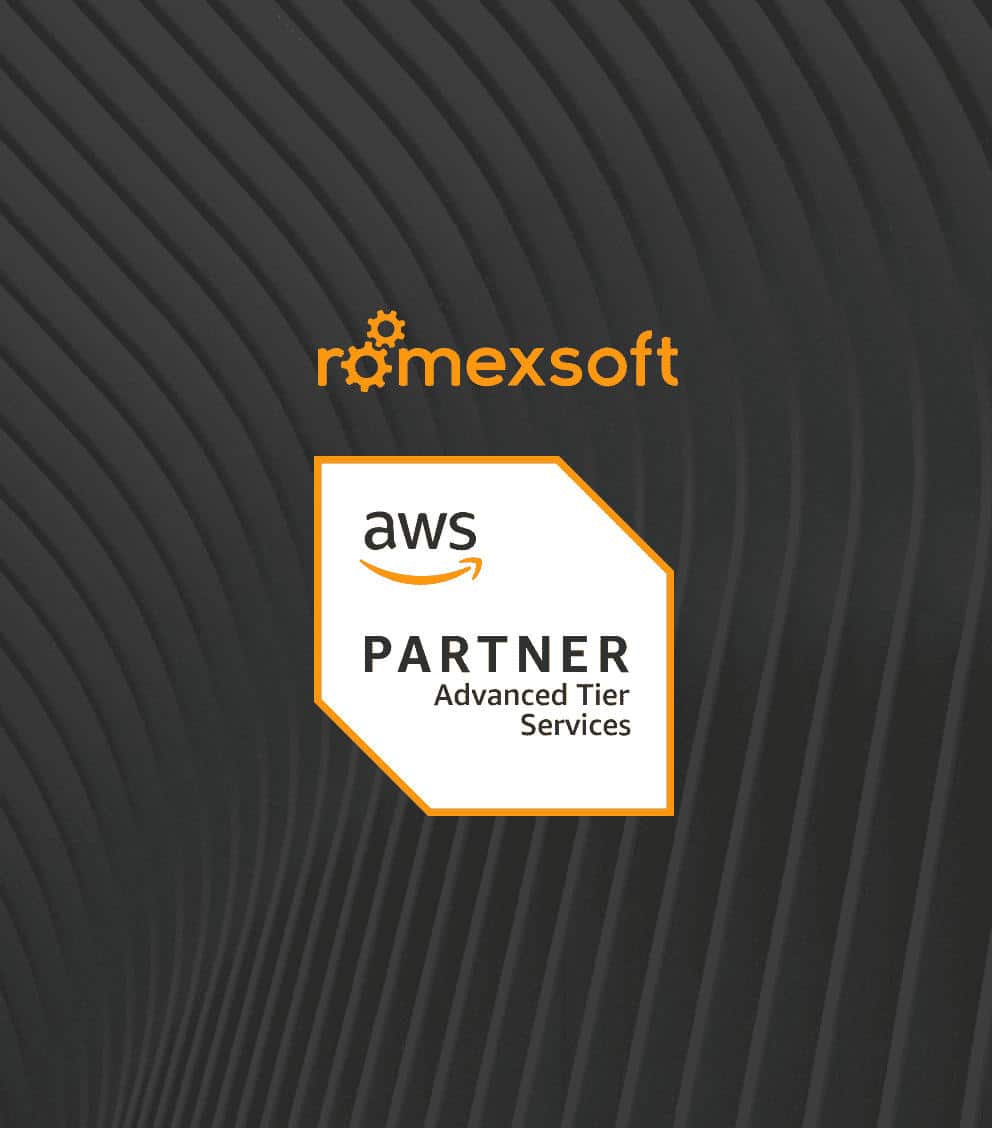DevOps for AdTech SaaS Application
Discover how outsourcing for SaaS can reduce business-hour incidents by 40% through 24/7 DevOps support and automated infrastructure management.

Our Customer
Text-to-Speech SaaS
Trinity Audio is an AI-powered audio-tech company that helps publishers, bloggers, and other content owners turn written articles into streaming audio, distribute that audio, and monetize the resulting listening time.
The Challenge
Non-compatible monitoring environment
Trinity Audio needed a reliable and cost-effective 24/7 incident management and DevOps support solution for the servers running in the cloud.
Moreover, their IT environment was not compatible with the standard monitoring solutions. That is why, they were searching for an alternative custom-tailored configurable monitoring solution to match their unique business needs.
The Solution
Custom AWS Monitoring and 24/7 DevOps Support for SaaS
By providing SaaS DevOps support services and using a wide range of AWS services like Amazon CloudWatch, AWS CodePipeline, S3, VPC, IAM and many others, Romexsoft ensures that Trinity Audio is always online and operate seamlessly 24/7.
AWS tools help to secure monitoring and observability that allow us to respond to system-wide performance changes, optimize resource utilization, and get a unified view of operational health of the customer’s infrastructure. These aspects are crucial for 24/7 DevOps Support Services that we provide according to the best AWS practices.
Our team set up a custom OS performance monitoring solution to enable deeper insights into CPU, RAM, Networking and Relational Databases performance. Our cost-effective monitoring solution included Zabbix and CloudWatch for infrastructure and services monitoring, EFK stack + Prometeus for application monitoring, and Grafana for consolidated data visualization.
Monitoring Metrics Enabled:
- OS performance monitoring
- Logs monitoring
- Web monitoring
- JVM monitoring
- Service monitoring
- Cluster performance analysis
- PHP application monitoring
- Overall infrastructure health status
- Redis Monitoring (no SQL in-memory database)
- Relational database systems and MemSQL monitoring
As our DevOps support team demonstrated great skills and expertise, the client further extended their trust and delegated us the global system configuration rights. Our specialists now seamlessly fine-tune the systems 24/7.
For Trinity Audio’s team to stay always in the loop, we have integrated a custom multi-level alert system that dispatches updates through different services depending on the incidents priority levels. The setup includes communication through Slack, PagerDuty, E-mail and Jira Service desk. On a regular basis, the client also receives detailed findings reports with hands-on advice on how to increase their infrastructure efficiency even further. Beyond that, our team regularly conducts an infrastructure configuration analysis to ensure that all cogs run as intended.
To further bulletproof Trinity Audios systems and prevent downtime, Romexsoft’s team introduced an automated disaster recovery process. Trinity Audio now has a greater piece of mind when it comes to SLA levels and can focus on developing their core business further, while our support team handles the daily housekeeping tasks.
The Results
Reliable Cloud Operations with 24/7 Monitoring
The functionality and stability of the systems were significantly improved. The number of all incidents during business hours was reduced by 40%. The incident series in non-business hours decreased by 15%.
Romexsoft makes sure Trinity Audio’s systems work smoothly 24/7 and are under the close eye of our DevOps support engineers. We help the client to obtain visions and roadmaps for further improvements and to align cloud strategy with their business objectives.
Why Romexsoft
Reliable DevOps for SaaS Growth and Stability
We focus on DevOps for SaaS applications, supporting clients in the US, UK, EU, and Australia with certified AWS engineers. Our services cover 24/7 monitoring, automated incident response, and disaster recovery, so you business can cut incidents, speed up releases, and keep app operations cost-efficient.
Companies choose Romexsoft because we:
- Hold the AWS DevOps Competency
- Provide 24/7 managed DevOps support with custom monitoring
- Make it possible to achieve up to a 40% incident reduction with stable SaaS operations
- Support global SaaS vendors with long-term DevOps partnerships.
DevOps for SaaS FAQ
Orchestration and containerization enhance DevOps for SaaS applications by creating scalable, consistent, and manageable environments. The application runs consistently throughout development, testing, and production because Docker bundles it with all dependencies. By automating the deployment, scaling, and recovery of those containers, Kubernetes minimizes downtime and manual labor. When combined, they facilitate faster rollouts via CI/CD, support multi-tenant SaaS workloads, and maximize cloud resource utilization.
SaaS application release cycles are shortened by using a CI/CD pipeline, which automates the process from code commit to deployment. Continuous integration minimizes integration problems by ensuring that new code is rapidly tested and merged. Changes are moved into staging or production with little manual labor thanks to continuous delivery or deployment. This automation reduces the possibility of errors, expedites feature rollouts, and ensures that SaaS platforms are dependable and up to date for users.
Instead of being added after the fact, security and compliance are integrated into the pipeline of DevOps for SaaS. Tenant data is protected by encryption, secret management, and identity and access controls. Before deployment, automated scans look for vulnerabilities in the code, containers, and infrastructure. Infrastructure as Code and policy-as-code tools can be used to enforce compliance frameworks such as GDPR, HIPAA, or SOC 2, guaranteeing that all environments adhere to the necessary standards. In multi-tenant setups where workload isolation and data security are crucial, this method lowers risks.
By automating testing, integration, and deployment, DevOps for SaaS shortens time-to-market and ensures that users receive new features and fixes promptly. Pipelines for continuous delivery minimize manual delays and the chance of unsuccessful releases. Meanwhile, proactive incident response, autoscaling, and monitoring maintain the platform's responsiveness and stability. Customers gain new capabilities more quickly, encounter fewer interruptions, and enjoy a more dependable service as a result of this combination.


